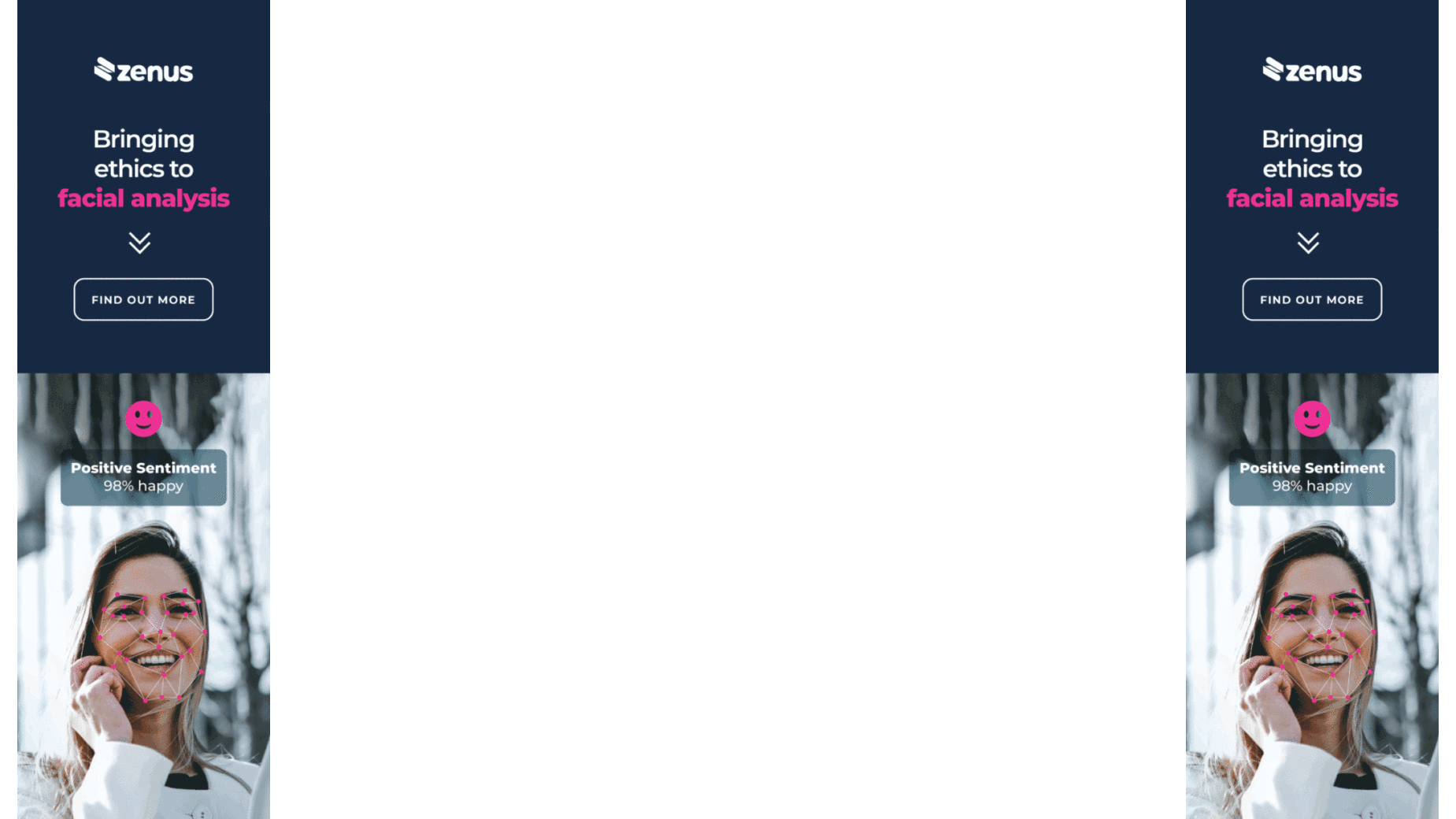By: Steve Marley
Applied behavioral insights (ABI) is the practice of developing insights and actions based on learnings from behavioral science. Behavioral science draws its content from a broad set of principles, including sociology, psychology, economics and more. Many of the principles in behavioral science have become well-known in the common vernacular, like the placebo effect – the belief that a treatment of an ineffective substance is contributing to improvement in mental or physical health where no improvement should be expected. Behavioral science can help us develop hypotheses or an understanding of why people are acting a certain way and – by extension – what steps we could take to influence and change behaviors.
So, what does this have to do with meetings? Everything!
Many of the challenges we face in the meetings industry can be looked at through the lens of desired behavioral changes. I will highlight two situations in the meetings industry where the principles of behavioral science could be applied. (The inspiration for this article is a presentation I gave at Pharma Forum in March 2023 in New York City on the same topic).
Challenge One: Filling in Surveys
Meeting planners and producers want attendees to have a good experience and one of the ways we try to understand the experience is through the post-event survey. Unfortunately, survey response rates tend to be very low – often 20% or less – making inferences on experience hard to draw due to the relatively small sample size. The challenge with traditional surveys is that they ask for attendee effort with little perceived benefit to the attendee, particularly in the present moment. The benefit of filling out the survey and helping us make future meetings better may not be seen as important in the moment to the current attendee.
Therefore, the behavioral challenge we want to overcome is low survey response rates at conferences. If we assume that the lack of perceived benefit is one of the factors making attendees less likely to complete the survey, we can consider applying the behavioral concept of reciprocity. Reciprocity is the impulse to return actions others have taken towards us. A common example is gift giving, when someone gives us a gift, we feel inclined to provide something in return (from a thank you card up to a return gift). In a meeting environment, consider providing something to an attendee to complete the survey. However, an important concept here is that you have to both provide an “incentive” and communicate it in advance, regardless of whether an attendee completes the survey. Reciprocity is not created if you say, “If you fill in the survey, then we’ll give you this reward.” Reciprocity requires that we say, “We’ve given you this in advance as a way to say thanks for helping us with the survey.”
Challenge Two: Getting People to Pre-Register for Events
Meeting planners realize many benefits when we can predict in advance both who and how many people are attending. It’s one of the reasons we often offer “early bird discounts” for people who register early. But how effective are these discounts? Behavioral science suggests they’re not particularly effective based on a variation of the principle of loss aversion. Loss aversion occurs when people make decisions to minimize losses more than maximize gains. With “early birds,” we are expecting people to want to save money (that is, they don’t want to lose the discount). However, for meetings, attendees are often reimbursed by their company regardless of the early bird pricing, so booking later doesn’t cost an attendee more. There is no “loss aversion.” To overcome this, we can offer an early bird discount (benefits the company) and an early bird prize (benefits the attendee), although care would need to be taken for tax and compliance purposes. Most meeting registration fees are not intended to turn the meeting into a profit driver, so the incremental cost of such a reward would generally not be a concern. If the idea of giving both a discount and a reward are less palatable, we could reduce the discount to offset the cost of the reward.
These are but two examples of many, and hopefully these examples provide some inspiration on how you can incorporate ABI thinking into your meeting challenges and planning. The key is to consider what behavior you are trying to change in a meeting setting, understand why people are acting the way they are and which behavioral science principles could be applied to influence the behavior in a positive way.
Learn more at www.zs.com.
Steve Marley is the leader of the ZS meetings and events practice area, focusing on solutions that help clients achieve better meeting program outcomes. Utilizing ZS’s technology and operations infrastructure and with a consultative and collaborative approach, the meetings and events practice supports our clients by enabling data-driven business decisions.
He also continues to support our partner software work in the ICM and SPM space, growing a team to manage our Varicent, Xactly, and Anaplan business.
Advertisement Feature












